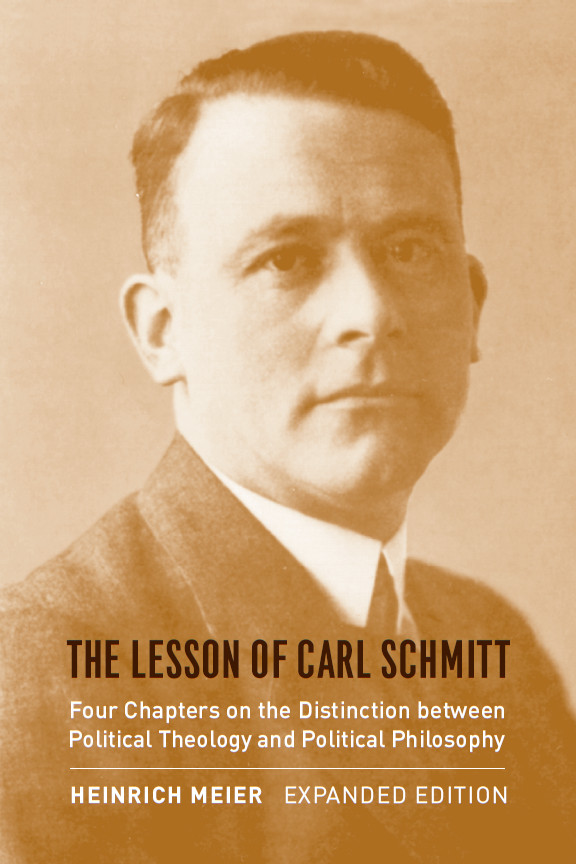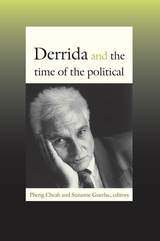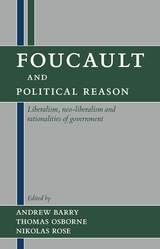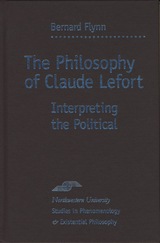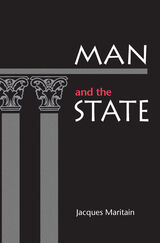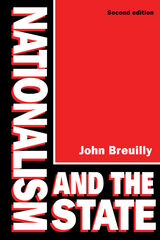The Lesson of Carl Schmitt: Four Chapters on the Distinction between Political Theology and Political Philosophy, Expanded Edition
University of Chicago Press, 2011
eISBN: 978-0-226-18935-2 | Paper: 978-0-226-51886-2
Library of Congress Classification JC263.S34M44514 2011
Dewey Decimal Classification 320.092
eISBN: 978-0-226-18935-2 | Paper: 978-0-226-51886-2
Library of Congress Classification JC263.S34M44514 2011
Dewey Decimal Classification 320.092
ABOUT THIS BOOK | AUTHOR BIOGRAPHY | REVIEWS | TOC | REQUEST ACCESSIBLE FILE
ABOUT THIS BOOK
Heinrich Meier’s work on Carl Schmitt has dramatically reoriented the international debate about Schmitt and his significance for twentieth-century political thought. In The Lesson of Carl Schmitt, Meier identifies the core of Schmitt’s thought as political theology—that is, political theorizing that claims to have its ultimate ground in the revelation of a mysterious or suprarational God. This radical, but half-hidden, theological foundation underlies the whole of Schmitt’s often difficult and complex oeuvre, rich in historical turns and political convolutions, intentional deceptions and unintentional obfuscations.
In four chapters on morality, politics, revelation, and history, Meier clarifies the difference between political philosophy and Schmitt’s political theology and relates the religious dimension of his thought to his support for National Socialism and his continuing anti-Semitism. New to this edition are two essays that address the recently published correspondences of Schmitt—particularly with Hans Blumberg—and the light it sheds on his conception of political theology.
See other books on: Christianity and politics | Church and state | Expanded Edition | Schmitt, Carl | State, The
See other titles from University of Chicago Press
